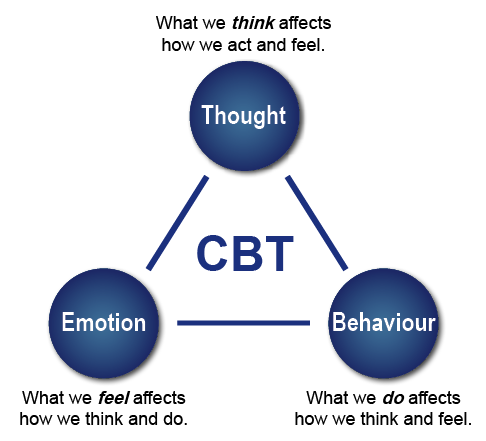Cognitive Rehabilitation
What is Cognitive Rehabilitation?
Cognitive rehabilitation or Clinical Psychology is a health service provider specialty for mental health problems as to help emotionally distressed people adjust to life. Clinical psychologists assess, diagnose, predict, prevent and treat psychopathology, mental disorders and other individual or group problems to improve behavior adjustment, adaptation, personal effectiveness and satisfaction.
Psychological assessment services
An accurate diagnosis is crucial for appropriate intervention and recovery. An assessment of psychological constructs such as the cognitive, emotional and behavioural functioning of an individual is the bases of further intervention. These tests and assessments are conducted by qualified clinical psychologists that run these tests, score and interpret them and carefully make profiles for individuals providing clear cut diagnosis, insightful observations and a strong foundation for further treatment.
Some examples of tests available are:
- IQ tests (WISIC, WAIS, MISIC, K-B etc)
- Neuropsychological tests (WMS, Nimhans Battery, etc)
- Personality tests (MMPI, MCMI-III etc)
- Projective techniques (ROR, CAT, TAT)
- Behavior Rating scales for various disorder (Anxiety, Depression, OCD, ADHD, Autism etc)
Psychotherapy and Counselling services
The process of Psychotherapy involves increasing an individual’s sense of well-being and reducing the subjective discomforting experienced. Psychotherapy attempts to solve or help people themselves solve the problem with a deeper understanding of their own and others personalities. We employ a range of techniques based on experiential relationship building, dialogue, communication and behavior change that have been designed to improve the mental health of the patient.
Cognitive Behavior Therapy (CBT)
Cognitive therapy focuses on present thinking, behavior, and communication rather than on past experiences and is oriented toward problem solving. Cognitive therapy has been applied to a broad range of problems including depression, anxiety, panic, fears, eating disorders, substance abuse, and personality problems

Guided Meditation
Guided meditation is a process by which one or more participants meditate in response to the guidance provided by a trained practitioner or teacher, either in person or via a written text, sound recording, video, or audiovisual media comprising music or verbal instruction, or a combination of both. This process often leads to the participant engaging in visualization and generating mental imagery that may simulate or re-create the sensory perception of sights, sounds, tastes, smells, movements,and images associated with touch, such as texture, temperature, and pressure, as well as imagined mental content that the participant experiences as defying conventional sensory categories. The generating of such mental imagery can precipitate or accompany strong emotions or feelings. Practitioners or teachers facilitating guided meditation often encourage participants to document their experience, most commonly in the form of a self-reflective journal or diary. In addition to recording their experience of a guided meditation session, individuals may also document the occurrence of involuntary unwanted or intrusive negative imagery over time, which is a common occurrence among those with conditions including depression, posttraumatic stress disorder (PTSD), and social anxiety. They may also document positive imagery intentionally generated when practicing alone the techniques initially learned from the practitioner or teacher. Over time, this documentation can provide information and insight into the participant’s physical and mental condition, contributing to the formulation of a therapeutic treatment plan.
